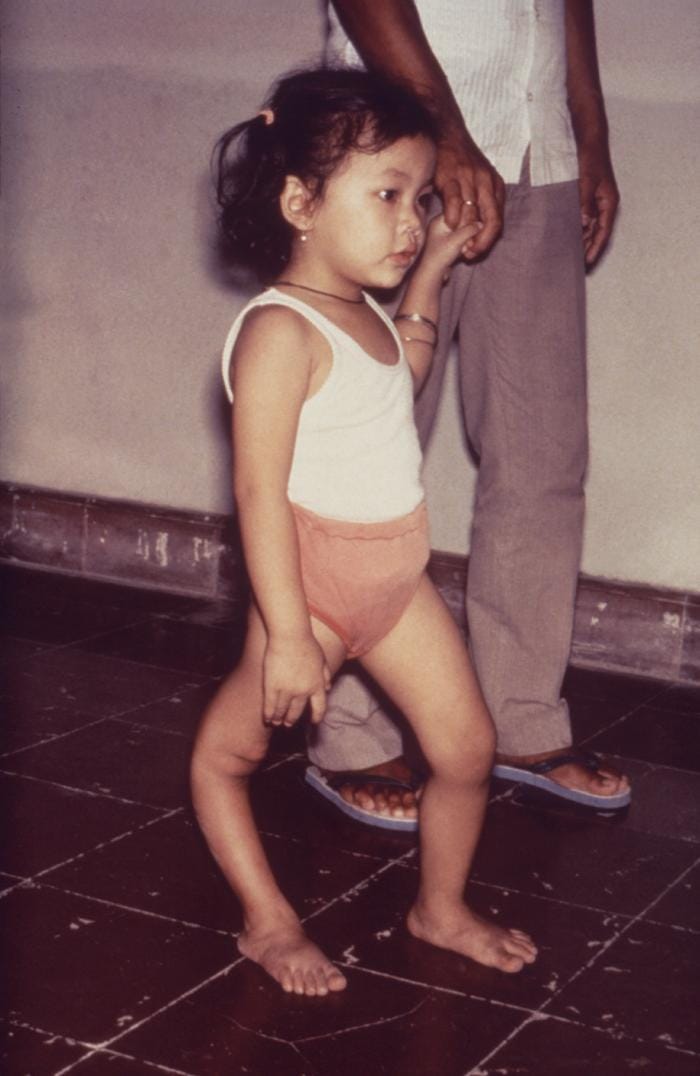Bill raises concerns with health officials over risk of preventable infectious diseases in children
According to Dr. Benjamin Chan, the state’s epidemiologist, “Infectious diseases that were once eliminated from the U.S., such as measles and polio, are now making a comeback because of under-immunization.”



CONCORD, NH – On March 7, 2024, the New Hampshire State House, led by a Republican majority, passed HB1213, a bill aimed at eliminating the vaccination requirements for polio and measles for children entering childcare agencies in the state.
One of the bill’s prime sponsors, Emily Phillips, homeschools her children instead of sending them to public school. Another of the bill’s sponsors, Lorie Ball, has a master’s degree in Education of Emotional and Behavioral Disabilities from Rivier University, where she graduated summa cum laude.
The bill was highlighted when NHPR ran a story in which New Hampshire’s public health officials warned against the bill’s passage out of concern that disabling and life-threatening diseases once thought reduced or eliminated could return.
According to the NHPR report:
Republican Rep. Ross Berry of Manchester, one of the sponsors, said the bill is about eliminating a “needless paperwork requirement” that he called burdensome for child care providers. Berry, who runs a child care center, disputed the idea that the bill removes the vaccination requirement itself, as opposed to just the reporting requirements.
But Chan and other officials with the Department of Health and Human Services disagreed. They said that, in their reading, the bill actually does get rid of vaccination requirements for child care enrollment – and even if it didn’t, they argued those requirements would be meaningless without any way of ensuring compliance.
The number of childcare centers in NH went down in 2020 from 495 to 287 as a result of the COVID-19 pandemic. At the height of the pandemic, thousands of people were dying every day. Even more were sick. Some still retain their symptoms and illnesses to this day in what’s become known as Long COVID.

Poliomyletis, also called polio, leads to 1 out of every 200 cases inflicting irreversible paralysis on its victim. Paralysis most often occurs in the legs; 5 to 10 percent of paralyzed individuals die when their lungs become paralyzed and they can no longer breathe.
The World Health Organization defines polio as a “highly infectious condition” which passes through the faecal-oral route in which fecal matter passes from the mouth of one person to another. This passage results from poor sanitation or poor hygiene practices, such as children not washing their hands after using the restroom.
Worldwide, an estimated 1,500,000 childhood deaths could have been prevented through immunization against polio.
Measles is a virus that causes rashes and a high fever, cough, runny nose, and red watery eyes. The CDC estimates 1 out of every 5 unvaccinated children who get measles is hospitalized; 1 out of every 20 such children die from pneumonia, and 1 out of every 1000 children develop encephalitis, which can cause deafness and/or an intellectual disability.
1 to 3 out of every 1000 children infected with measles die from respiratory and neurologic complications. Pregnant women are also at risk for measles, such as those who become pregnant while working at a childcare center and continue to work there.
Measles is spread when an infected person coughs or sneezes. Measles and polio are only two conditions among a great many which affect children in congregate settings.
HB1213 amends Title X, Chapter 141 C of state law, which states:
- All parents or legal guardians shall have their children who are residing in this state immunized against certain diseases. These diseases shall include, but not be limited to, diphtheria, mumps, pertussis, poliomyelitis, rubella, rubeola, and tetanus. The commissioner shall adopt rules under RSA 541-A relative to other diseases which require immunization.
If passed by the NH Senate and signed into law, the bill would do away with any vaccination requirement for any child in the state attending a childcare center.
According to Dr. Benjamin Chan, the state’s epidemiologist, “Infectious diseases that were once eliminated from the U.S., such as measles and polio, are now making a comeback because of under-immunization.”





